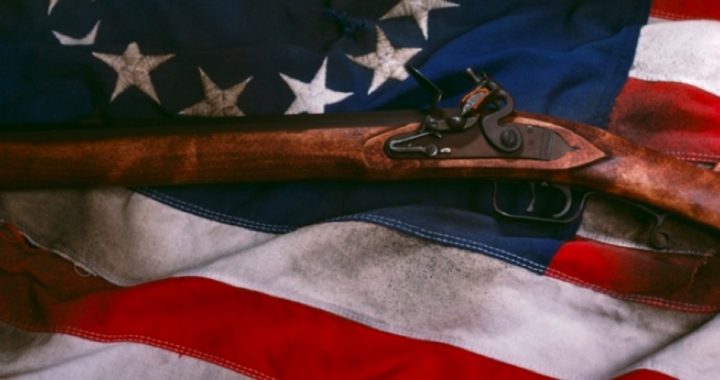
At a meeting to discuss gun control held at the United Nations on June 25, representatives of the global anti-gun lobby were discouraged by the U.S. Senate’s failure to ratify the UN’s Arms Trade Treaty (ATT).
“Unfortunately, the United States, the world’s largest arms exporter, has signed but not ratified the treaty,” said Dr. Natalie J. Goldring, a senior fellow with the Security Studies Programme in the Edmund A. Walsh School of Foreign Service at Georgetown University. Goldring went on to lament that the U.S. Senate doesn’t seem disposed to act on approving the treaty and likely won’t “for many years.”
For now, it seems Goldring’s gauge of the political climate in the Senate is accurate. In a letter sent to President Barack Obama last October, 50 senators laid out six reasons the president should refuse to present the United Nations Arms Trade Treaty (ATT) to the Senate for ratification. Among the objections is the grant to “foreign sources of authority” the power to “impose judgment or control on the U.S.”
At the conference, held to discuss the Programme of Action (PoA) to Prevent, Combat, and Eradicate the Illicit Trade in Small Arms and Light Weapons, Goldring told lobbyists representing both sides of the issue that the National Rifle Association (NRA) and other pro-Second Amendment organizations in the United States have spread lies regarding the potential effect of the Arms Trade Treaty on the right to keep and bear arms.
“The simple truth is the ATT does not affect the domestic trade in weapons in the United States. It’s a treaty about international arms transfers, not sales within the United States,” she added.
In case a reader would rather read the text of the treaty than to take the word of a UN representative, the English-language version of the Arms Trade Treaty can be found here. Beyond that, here are a few provisions of the treaty that would, despite Goldring’s assurances, directly and immediately impact the full expression of the right to keep and bear arms as guaranteed by the Second Amendment to the U.S. Constitution.
• Article 2 of the treaty defines the scope of the treaty’s prohibitions. The right to own, buy, sell, trade, or transfer all means of armed resistance, including handguns, is denied to civilians by this section of the Arms Trade Treaty.
• Article 3 places the “ammunition/munitions fired, launched or delivered by the conventional arms covered under Article 2” within the scope of the treaty’s prohibitions, as well.
• Article 4 rounds out the regulations, also placing all “parts and components” of weapons within the scheme.
• Perhaps the most immediate threat to the rights of gun owners in the Arms Trade Treaty is found in Article 5. Under the title of “General Implementation,” Article 5 mandates that all countries participating in the treaty “shall establish and maintain a national control system, including a national control list.” This list should “apply the provisions of this Treaty to the broadest range of conventional arms.”
Goldring thinks such steps are but the first in a path that leads to “better control” of the trade of weapons. There is little doubt who would be left in control of firearms if Goldring gets her way. The United Nations, acting through domestic enforcers, would require registration of weapons, which Americans recognize as the first step toward their control and outright confiscation.
The right to keep and bear arms was known to our Founders as he ultimate check on the rise of tyrants. Americans jealous of this God-given right know that now is the time to reject the UN’s attempts to repeal the Second Amendment and that organization is the key to safeguarding their gun rights.
For more than half a century, The John Birch Society has offered patriots an opportunity to unite in the cause of preserving the Constitution and enforcing its principles of limited government. Not long after its founding, the JBS launched its project to get the United States out of the United Nations — and this project remains one of the most timely and critical aspects of the JBS agenda.
Joe A. Wolverton, II, J.D. is a correspondent for The New American and travels nationwide speaking on nullification, the Second Amendment, the surveillance state, and other constitutional issues. Follow him on Twitter @TNAJoeWolverton and he can be reached at [email protected].




